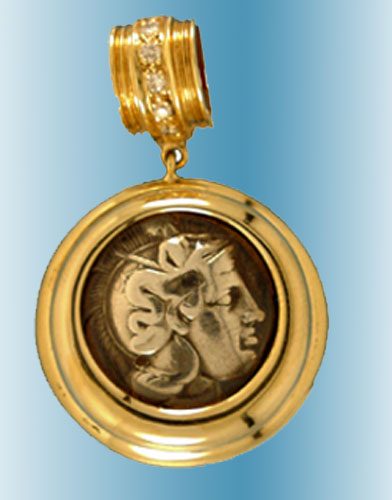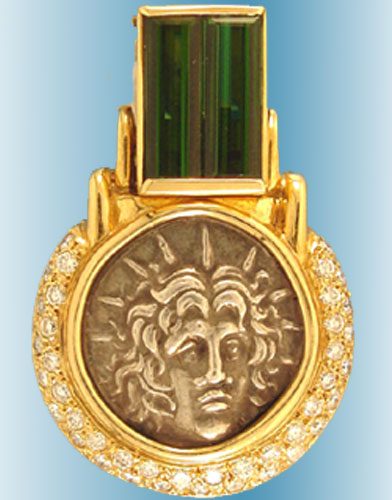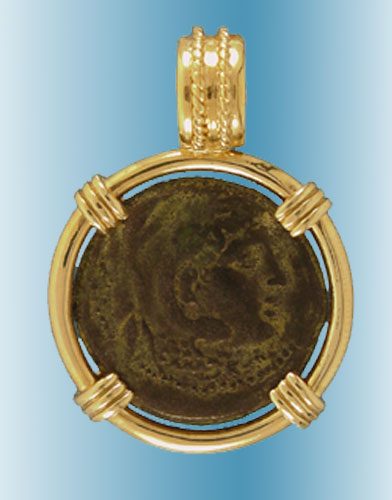Description
Hadrian was born January 24, 76. The exact place of his birth is still in dispute, although it has been narrowed down to either Italica, near Seville, Spain, or Rome. His father died in 85, at which time he became the ward of a relative who happened to be Trajan, a future emperor. Following his education in Rome, Hadrian held various civil and military posts. Trajan became emperor in 98, at which time he appointed Hadrian Archon of Athens.
In Athens Hadrain immersed himself in Greek culture, for which he developed a deep and abiding attachment. Upon Trajan’s death in 117 the army declared Hadrian emperor, which was followed by senate ratification. Soon after ascending as emperor, Hadrian declared an end to expansion of the empire, and withdrew to the limits established by Augustus. A lover of all things cultural, Hadrian surrounded himself with poets, philosophers and scholars. He was exceptionally skilled at writing verse and prose in both Latin and Greek.
During his reign as emperor, 117 to 138, he was able to indulge his love for architecture…..and travel. Examples of these two passions still exist to amaze us, from Great Britain to Rome. Hadrian’s wall, the Athenaeum, the Temple of Venus and Roma, the Pantheon, and his massive mausoleum, called Castel Sant’ Angelo.
The reverse side of this ancient coin shows Pietas seated on a throne, holding a patera and sceptre.





Reviews
There are no reviews yet.